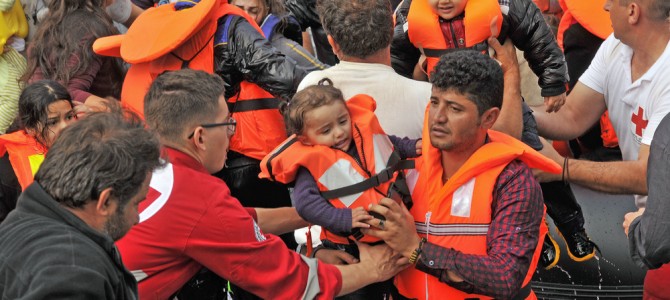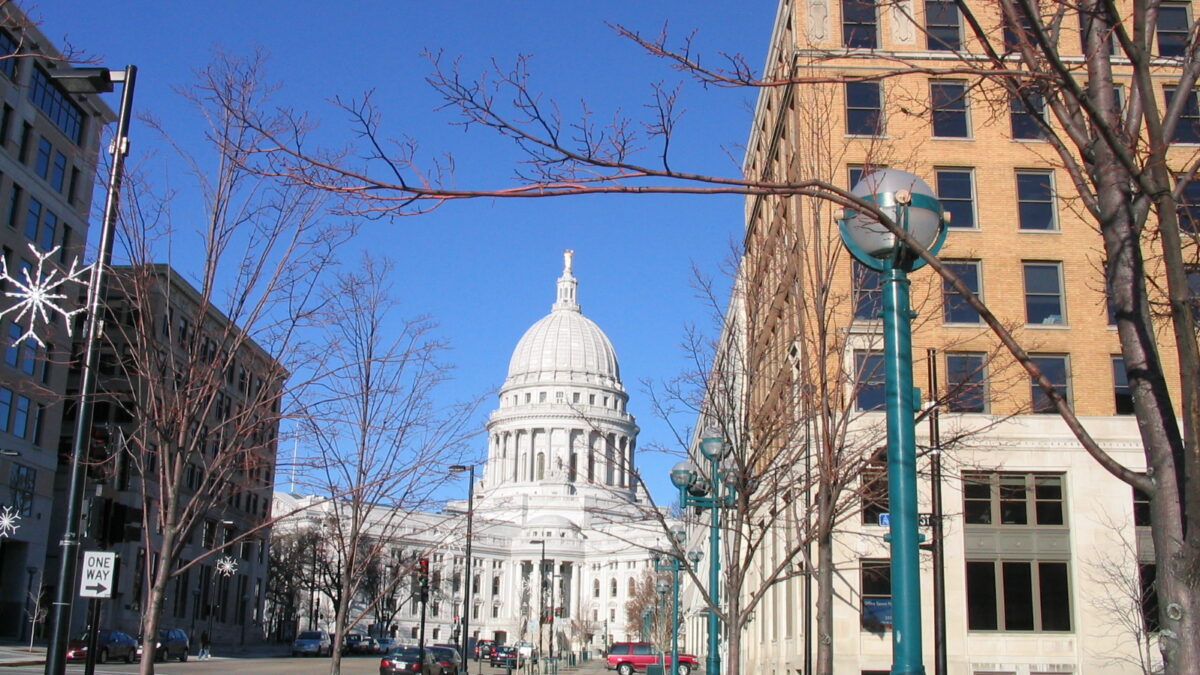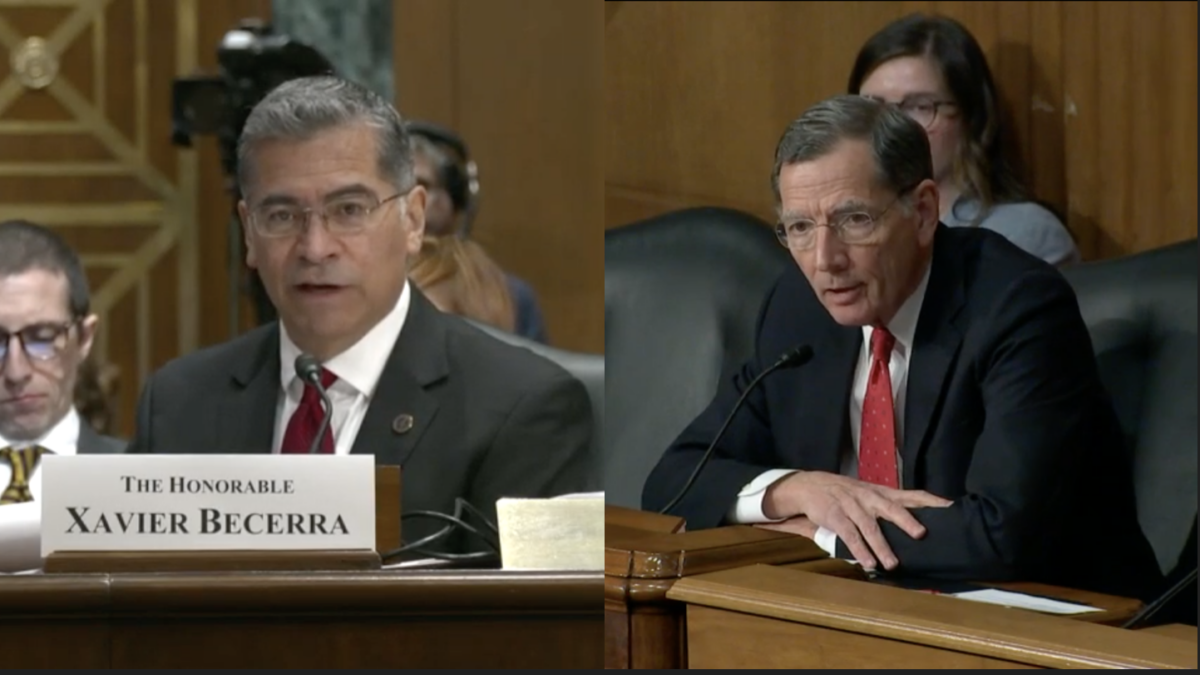
November’s furor over whether the United States would admit refugees from Syria displayed the inferiority of public policy to private charity. Both sides of the U.S. refugee tiff seemed fools: showing absolute confidence about unknowable uncertainties and refusing to understand the other side.
How many of those who flooded social media with self-righteous indignation in November had known anything about refugee policy in October? If public policy is “things we do together,” then we will be forever stampeding from one fashionable cause or angry barricade to another.
The contrast between social media dilettantes and those who have devoted their own time and money to alleviating refugees’ suffering could not be more stark. We contacted a few people we know who cared about refugees before it was cool and asked for permission to describe their work.
Tangible Gifts for Needy People, Given Freely
Closest to home, our pastor, Dan Turner of Northwest Community Church in Washington DC, has asked his congregation to support a Christian ministry that cares for refugees who live in Lebanon. People in our pews are grappling with the tension around the Syrian refugee crisis. We want to love our neighbors next door and make sure they are safe, while taking seriously our obligation to love the neighbor who is on the other side of our border.
If you look at our world through the lens of God’s Kingdom, every country is God’s domain. In Matthew 25, Christ tells us that when we feed the hungry and clothe the poor that we are doing it as if it were to him. So this year we will continue supporting Heart for Lebanon. This organization works on the ground in Lebanon to clothe, feed, and educate the most vulnerable refugees from Syria and Iraq while sharing God’s love with them.
As a church, we have decided to not be ruled by a politic of fear but to continue the work God has called us to do. We did a little math. An $80 donation to Heart for Lebanon, or one of many other humanitarian organizations, does far more than what the U.S. government has proposed to do on each American’s behalf (that is, tie them to a share in supporting 10,000 refugees for the rest of their lives).
Help Refugees in Person
Some people go much further than a small Christmas donation. One American friend of ours moved to Turkey with her husband. She’s a retired nurse, and in Turkey she was confronted with needs she could meet with her own well-practiced hands. The team she joined grew organically out of the expatriate American community in Turkey, people who travelled overseas to work and could not ignore the needs on their new doorsteps.
Maybe both sides of the refugee policy debate can admit that the U.S. government was never going to be the solution. Whether the United States admitted 10,000 Syrians or not would not have made a noticeable difference to those serving the refugees in Europe or the Middle East, nor would it have changed the calculus for individual Americans. If you were moved to help refugees before the U.S. policy fight, its resolution should not weaken your resolve.
Nonetheless, refugees from all over the world live quietly all over the United States. Both charity and caution should motivate Americans to help those refugees who already live here to find jobs, community, and purpose in a strange new life.
In Rochester, New York, where we met and married, the Catholic Family Center (CFC) welcomes refugee families and tries to help them get on their own feet. The overworked CFC staff does the big things, such as job placement, signing families up for government assistance, and locating housing. But they lean on volunteers from local churches and community groups to come alongside refugee families daily. With other University of Rochester students, we volunteered, and helped an Iraqi family read official mail, interact with medical bureaucracy, and find appropriate winter clothing.
‘We Never Feel Alone Because of My New People’
However, the best way for most Americans to help refugees assimilate, to feel at home in and loyal to their new country, is usually informal. We can all do something that no government program can do: befriend our new neighbors, whether by playing soccer, sharing a meal, or hiring a babysitter.
A Rochester neighbor of ours, Ahmed, works full-time driving a taxi that has been specially rigged for him, since he lost both his legs as a young man. His children are on track to graduate high school, and the smartest of them, Fatima, has her sights set on attending the University of Rochester.
We asked Ahmed about his journey. He wrote:
Sorry for being late to write something about how I was welcome by my new society (Americans). I have been in a refugee camp in Kenya as refugee for 17 years, and respective US Immigration Officers came to the camp and they selected more than 5000 people to be given resettlement for better life and safety. Me and my family you (Salim) know have left a place where everybody knows us and, we come where nobody knows us but, we never feel alone because of my new people (Americans) have done all they can to show me kindness and generosity.








